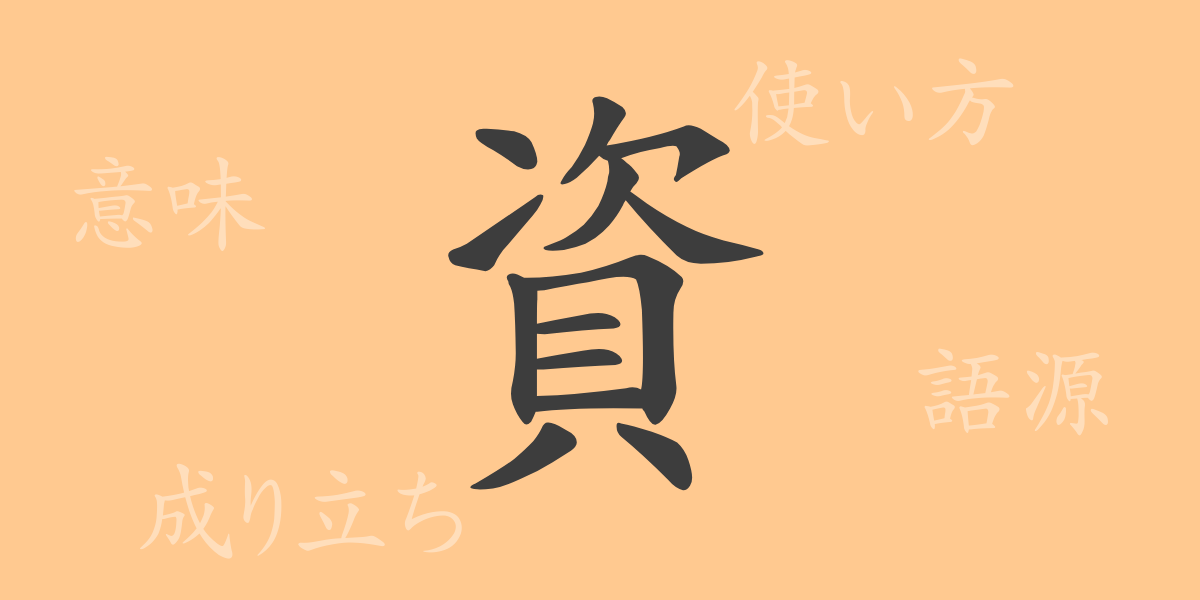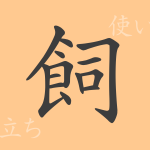The Japanese language and culture are characterized by the unique beauty created by thousands of kanji characters. Among them, the character “資(し)” is deeply rooted in our daily lives, from the economy to education. In this article, we will delve into the profound meaning of the character “資(し)” and explore its various uses.
Origins of 資(し) (Etymology)
The kanji “資(し)” originally derived from pictographs that represented wealth and treasures. In ancient China, it was used to denote valuable materials, and gradually it came to refer to all economically valuable items, such as resources and capital. Over time, this character evolved to express not only material wealth but also intangible assets like human abilities and knowledge.
Meaning and Usage of 資(し)
The kanji “資(し)” encompasses meanings related to “wealth,” “capital,” and “resources.” It is also used in words like “資料(しりょう)” (materials) and “資格(しかく)” (qualification), thereby covering abstract concepts such as information and rights. In economic activities, it is seen in terms like “資金(しきん)” (funds) and “資産(しさん)” (assets), essential for conducting business and supporting enterprises.
Readings, Stroke Count, and Radical of 資(し)
The kanji “資(し)” is well-known and frequently used as a common character in Japanese due to its versatile applications.
- Readings: The on’yomi (音読み) is “シ” (shi), and it has no kun’yomi (訓読み).
- Stroke count: It has a total of 13 strokes.
- Radical: The radical is “貝(かい)”, which is commonly associated with characters related to wealth and money.
Idioms, Phrases, and Proverbs Using 資(し)
There are numerous idioms and phrases involving “資(し)”, showcasing the richness of the Japanese language. For example, “資金繰り(しきんぐり)” refers to cash flow management, “人材不足(じんざいぶそく)” means a shortage of skilled personnel, “資格取得(しかくしゅとく)” denotes obtaining qualifications, and “資源を活用する(しげんをかつようする)” means utilizing resources to their fullest extent.
Conclusion on 資(し)
The kanji “資(し)” symbolizes not only economic value but also the importance of knowledge and skills in education and social activities. This single character embodies wealth that transcends material riches, and its use in the Japanese language spans a wide range. From individual skills to national finances, “資(し)” is utilized at all levels.

























